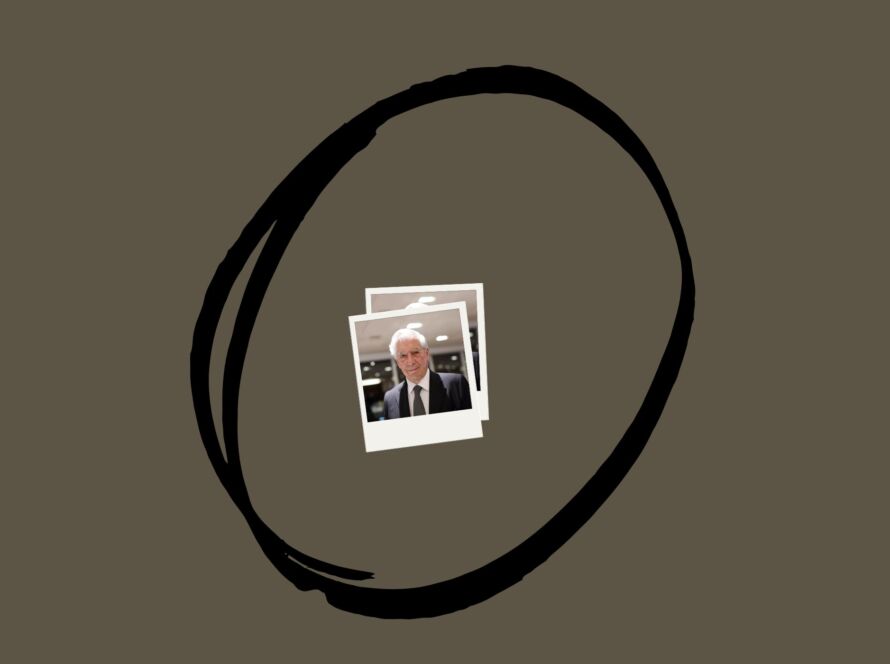J. M. Coetzee, born John Maxwell Coetzee on February 9, 1940, in Cape Town, South Africa, is a distinguished writer and Nobel laureate known for his profound exploration of human nature, morality, and social injustices. Through his richly layered narratives and unflinching portrayals of the human condition, Coetzee has left an indelible mark on the literary world.
Coetzee’s upbringing in apartheid-era South Africa profoundly influenced his worldview and writing. As a student, he excelled academically, earning degrees in mathematics and English literature. This background in logic and analysis would later manifest in his meticulous approach to storytelling and his incisive examination of complex ethical dilemmas.
Coetzee’s works often grapple with the themes of power, oppression, and the consequences of institutionalized racism. Through novels such as “Waiting for the Barbarians” and “Disgrace,” he explores the dehumanizing effects of apartheid and the lingering scars it leaves on individuals and societies. Coetzee’s unflinching portrayals of the human capacity for both cruelty and compassion shed light on the darkest corners of human existence.
Coetzee’s literary accomplishments have garnered worldwide acclaim. He has been honored with numerous prestigious awards, including the Nobel Prize in Literature in 2003. Coetzee’s writing style is characterized by spare prose, introspective narratives, and a sense of moral ambiguity that challenges readers’ preconceptions and forces them to confront uncomfortable truths.
Coetzee’s interest in ethics extends beyond human society. His novel “The Lives of Animals” reflects his deep concern for the treatment of animals and raises profound questions about the moral responsibility humans bear towards non-human creatures. Coetzee’s exploration of animal rights adds another layer to his body of work, prompting readers to examine their relationship with the natural world.
J. M. Coetzee’s literary legacy extends far beyond his thought-provoking novels. His introspective and morally charged narratives have shaped contemporary literature, inspiring authors and readers alike to engage with complex social issues. Coetzee’s willingness to delve into uncomfortable subjects, his acute understanding of human psychology, and his ability to craft nuanced characters have established him as one of the most significant literary voices of our time.
J. M. Coetzee’s exploration of the human experience, social injustice, and the complexities of morality has established him as a literary giant. His ability to expose the darkest recesses of society while maintaining a deep sense of compassion sets him apart as a master storyteller. Coetzee’s works challenge readers to confront uncomfortable truths, encouraging empathy and critical reflection. Through his powerful narratives, J. M. Coetzee continues to inspire us to strive for a more just and compassionate world.
We are not by nature cruel.
J. M. Coetzee
I see no marks of Wordsworths style of writing or style of thinking in my own work, yet Wordsworth is a constant presence when I write about human beings and their relations to the natural world.
J. M. Coetzee
There are works of literature whose influence is strong but indirect because it is mediated through the whole of the culture rather than immediately through imitation. Wordsworth is the case that comes to mind.
J. M. Coetzee
The writers who have the deepest influence on one are those one reads in ones more impressionable, early life, and often it is the more youthful works of those writers that leave the deepest imprint.
J. M. Coetzee
The most important of all rights is the right to life, and I cannot foresee a day when domesticated animals will be granted that right in law.
J. M. Coetzee
The mode of consciousness of nonhuman species is quite different from human consciousness.
J. M. Coetzee
Read more quotes from these Nobel Laureates in Literature:
[table “111” could not be loaded /]The idea of writer as sage is pretty much dead today. I would certainly feel very uncomfortable in the role.
J. M. Coetzee
That has always seemed to me one of the stranger aspects of literary fame: you prove your competence as a writer and an inventor of stories, and then people clamour for you to make speeches and tell them what you think about the world.
J. M. Coetzee
Strictly speaking, my interest is not in legal rights for animals but in a change of heart towards animals.
J. M. Coetzee
My response, a dubious and hesitant one, is that it has been and may continue to be, in the time that is left to me, more productive to live out the question than to try to answer it in abstract terms.
J. M. Coetzee
I say that I represent this movement because my intellectual allegiances are clearly European, not African.
J. M. Coetzee
If it is indeed impossible – or at least very difficult – to inhabit the consciousness of an animal, then in writing about animals there is a temptation to project upon them feelings and thoughts that may belong only to our own human mind and heart.
J. M. Coetzee
Elizabeth, Lady C, claims to be writing at the limits of language. Would it not be insulting to her if I were diligently to follow after her, explaining what she means but is not smart enough to say?
J. M. Coetzee
In order to be cruel we have to close our hearts to the suffering of the other.
J. M. Coetzee
As for September 11, let us not too easily grant the Americans possession of that date on the calendar. Like May 1 or July 14 or December 25, September 11 may seem full of significance to some people, while to other people it is just another day.
J. M. Coetzee
I tend to resist invitations to interpret my own fiction.
J. M. Coetzee
As you see, I do not treat the creation of fiction, that to say the invention and development of fantasies, as a form of abstract thought. I dont wish to deny the uses of the intellect, but sometimes one has the intuition that the intellect by itself will lead one nowhere.
J. M. Coetzee
If there were a better, clearer, shorter way of saying what the fiction says, then why not scrap the fiction?
J. M. Coetzee
In its conception the literature prize belongs to days when a writer could still be thought of as, by virtue of his or her occupation, a sage, someone with no institutional affiliations who could offer an authoritative word on our times as well as on our moral life.
J. M. Coetzee



